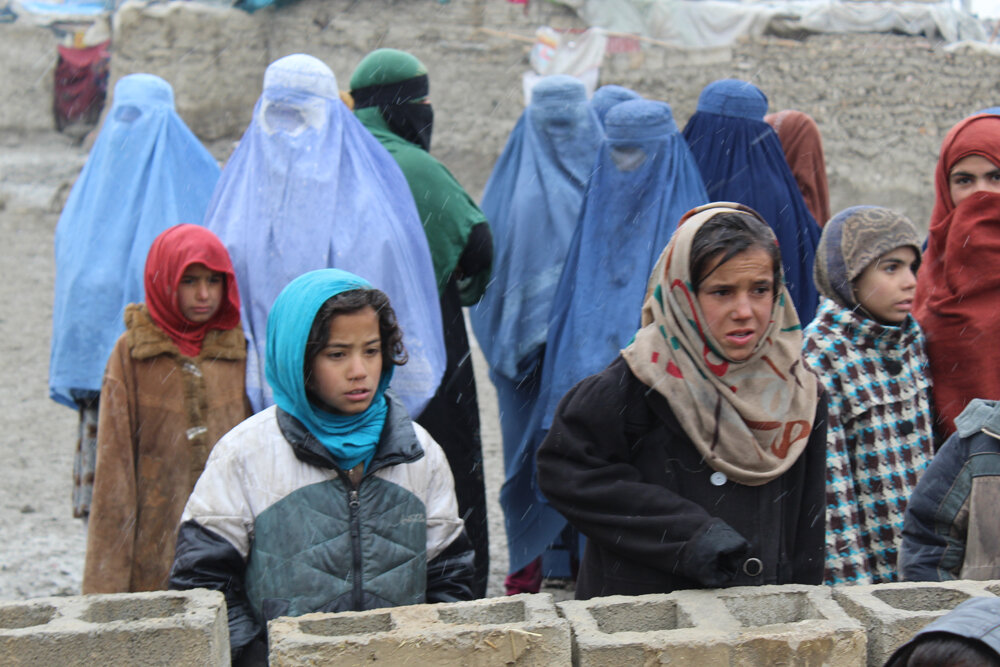ARTICLES
Volume 38 No. 6 Winter - 2020
This article originally appeared in the print version of Women Against Military Madness Newsletter Vol 38, No 6, 2020.
by Michael Livingston
On Sunday October 25th, one year to the day since over a million Chileans flooded the streets of Santiago in protest against neoliberal policies, Chileans voted overwhelmingly for a new constitution. Of those voting, 78.24 percent voted for a new constitution while 21.76 percent voted to keep the current constitution.
The current constitution was drafted by former dictator Augusto Pinochet, who ruled Chile from 1973 to 1990 after overthrowing Chile’s democratically elected socialist government. The coup was supported by the U.S., and the CIA was instrumental in planning and laying the groundwork for it.
Chileans will now go to the polls in April 2021 to elect a 155-person constituent assembly to draft a new constitution. This assembly must have gender balance given the proposal approved by voters. The assembly will exclude any current elected official and will have until 2022 to complete a new constitution. All provisions to the constitution must be approved by two-thirds of the delegates. Once the draft is completed, it will go to voters for approval in mid-2022. A simple majority will be required to approve the new constitution. If the new constitution is not approved, the old constitution will remain in effect.
Chile is now the most advanced country in Latin America, according to the UN Human Development Index (HDI). The HDI is a composite measure of health and longevity, education, and per capita income. Yet this measure hides major social problems and injustices. Chile has a highly unequal income structure, an expensive health care system that limits access to decent care, and a semi-privatized education system that provides the elite with a high-quality education and the majority with a mediocre education. It was these injustices that sparked the mass protests in October 2019 that rocked the country.
The constitutional assembly will face many difficult issues, including the issue of abortion rights, economic policy, and the recognition of the Mapuche people, Chile’s largest Indigenous population.
Michael Livingston is a professor of psychology at St. John’s University/St. Benedict’s College in Minnesota. He was working and residing in Chile during the 2019 social uprisings. In the U.S., he is an antiwar and anti-interventionist activist.
For more information about the protests in Chile demanding a new constitution, see:“Revolution against Neoliberalism in Chile.” Livingston, Michael, pp. 6-9, vol. 38 no.2, spring 2020;
“Chile in the Time of Pandemic,” Livingston, Michael, p. 5, vol. 38 no. 3, summer 2020 of the Women Against Military Madness Newsletter.







